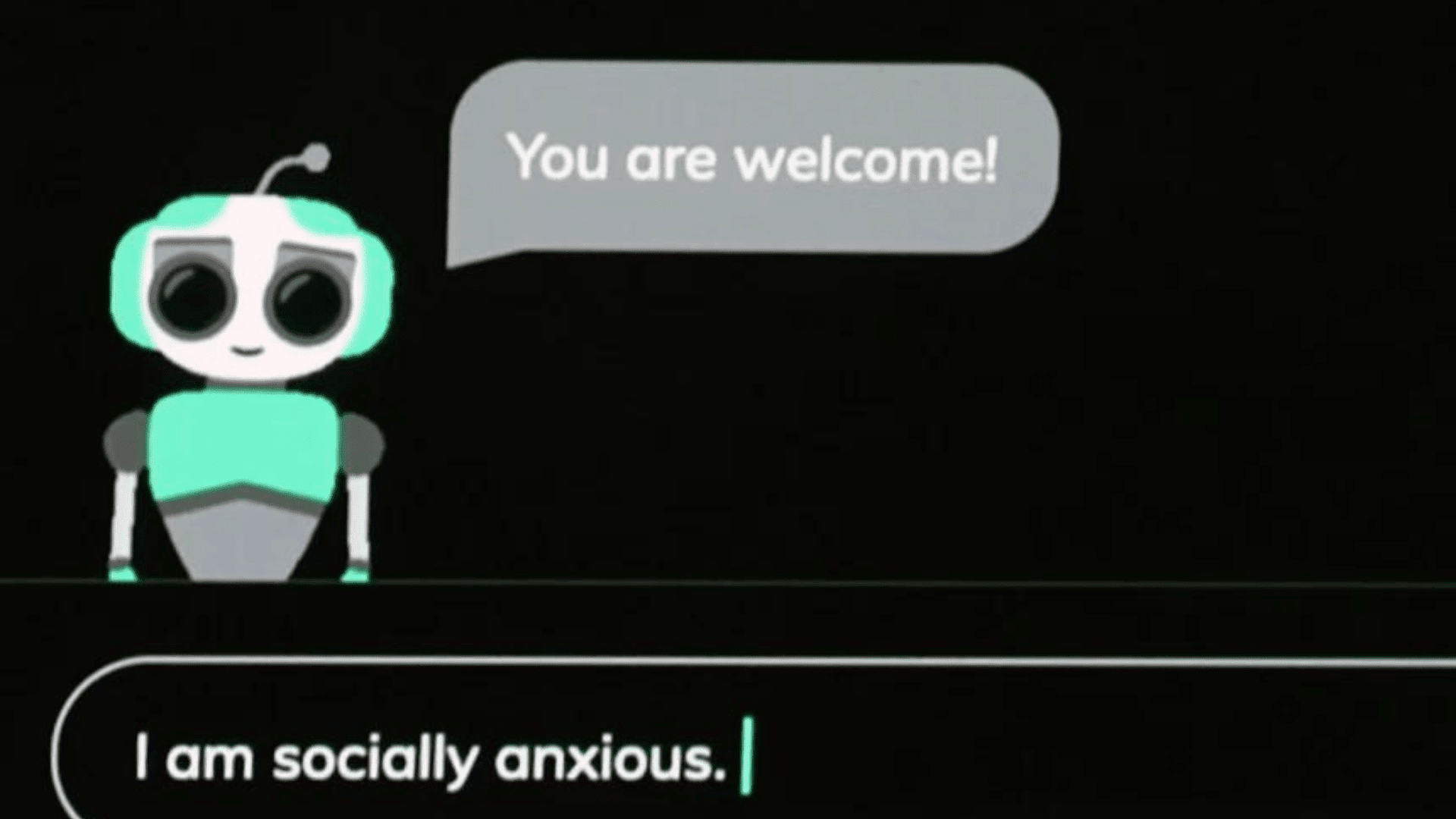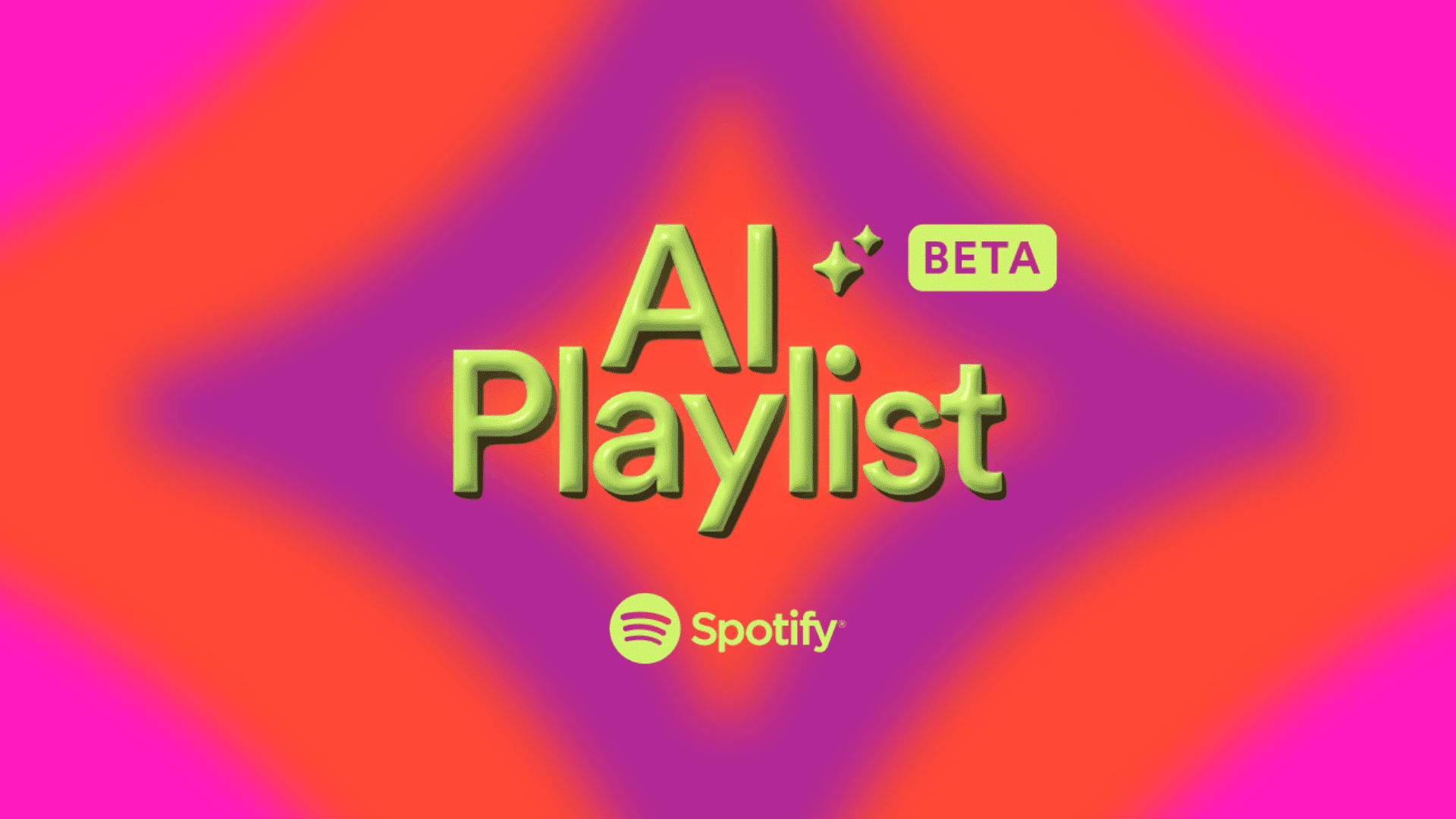As it’s estimated that one in five US adults live with a mental illness, finding new and innovative ways to make mental healthcare more accessible is critical. With that ultimate goal in mind, a new AI-powered therapy app called Therabot began its first clinical trial last month.

The text-based AI app is being developed at Dartmouth College by Nicholas Jacobson, an assistant professor at Dartmouth College and a clinically trained psychologist, and a team. The initial clinical trial launched with 210 participants.
Using the same generative AI technology that powers OpenAI’s Chat GPT, the app converses back and forth with its users. It also utilizes a specific kind of AI that allows it to learn patterns, enabling it to get to know or remember the user to provide personalized advice and recommendations.
Though there are a few script-based therapy and wellness apps on the market, Therabot could become the first clinically tested app entirely powered by generative AI that has been designed for digital therapy.
“We had to develop something that really is trained in the broad repertoire that a real therapist would be, which is a lot of different content areas. Thinking about all of the common mental health problems that folks might manifest and be ready to treat those,” Jacobson said to NBC News. “That is why it took so long. There are a lot of things people experience.”
Therabot was initially trained using data from online peer support forums, including cancer support pages and traditional psychotherapist training videos and scripts. After this data didn’t yield the desired results, the team decided to train the app by writing their hypothetical therapy transcripts that modeled productive therapy sessions.
Explore Tomorrow's World from your inbox
Get the latest science, technology, and sustainability content delivered to your inbox.
I understand that by providing my email address, I agree to receive emails from Tomorrow's World Today. I understand that I may opt out of receiving such communications at any time.
The training data was used to make the AI model more practiced at understanding the nuances of human conversations, particularly in a therapy setting. The model was then fine-tuned with collected and annotated data to also understand the context of conversations, which allowed it better generate appropriate responses.
After the team spent two years finessing deviant responses, Jacobson now estimates that more than 95% of Therabot’s responses match the “gold standard.” Rather than replacing human therapists, however, the goal of Therabot is to provide access to mental health care outside of what clients could afford or even normal hours of availability.
“We’ve heard ‘I love you, Therabot’ multiple times already,” Jacobson said to NBC News. “People are engaging with it at times that I would never respond if I were engaging with clients. They’re engaging with it at 3 a.m. when they can’t sleep, and it responds immediately.”
Eight weeks are remaining in the initial trial run of the app, after which the research team is hoping to undergo additional trials. They also have goals of open enrollment by the end of 2024 and to eventually gain FDA approval as well.







